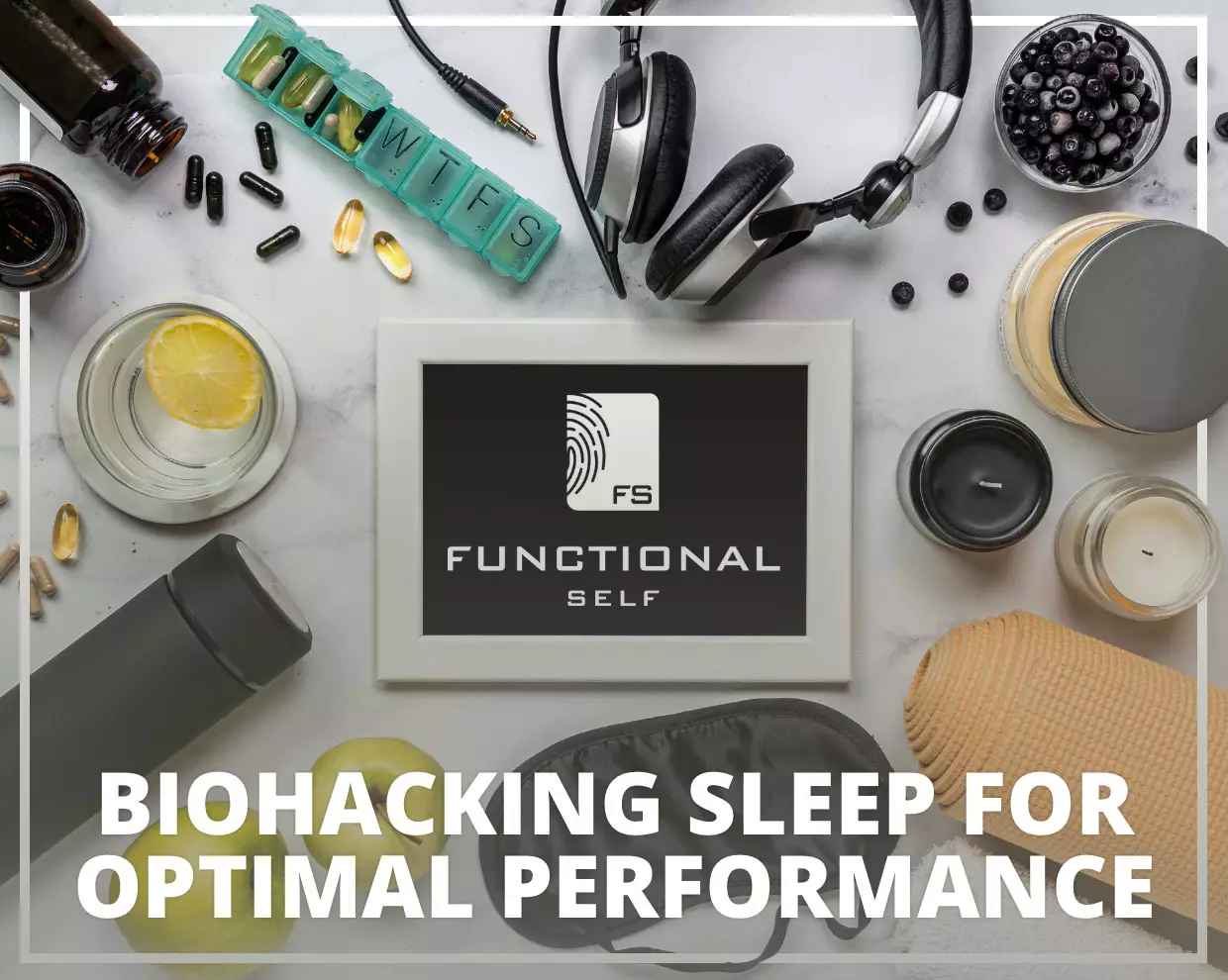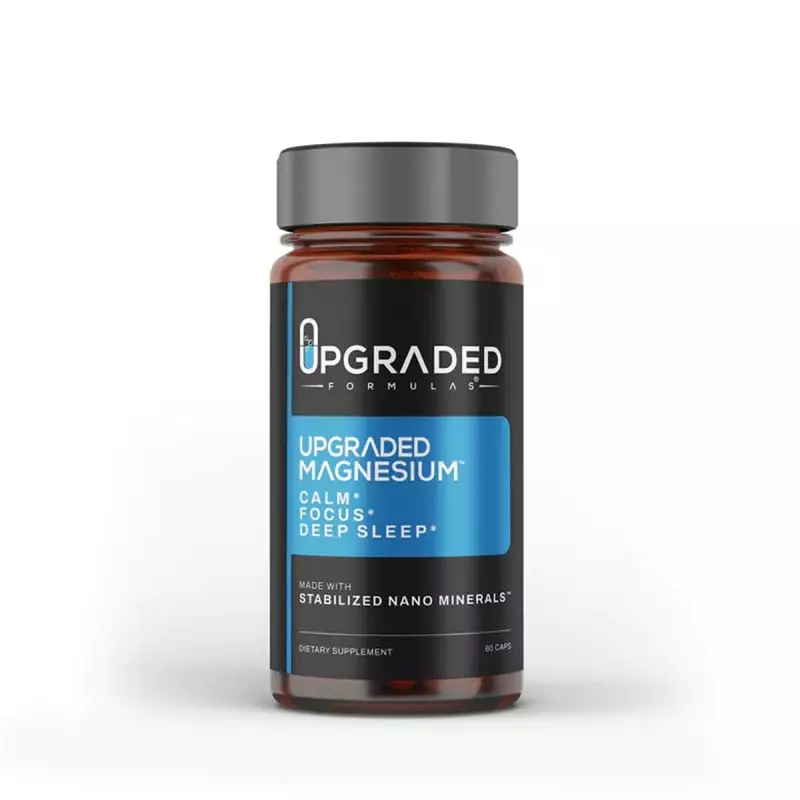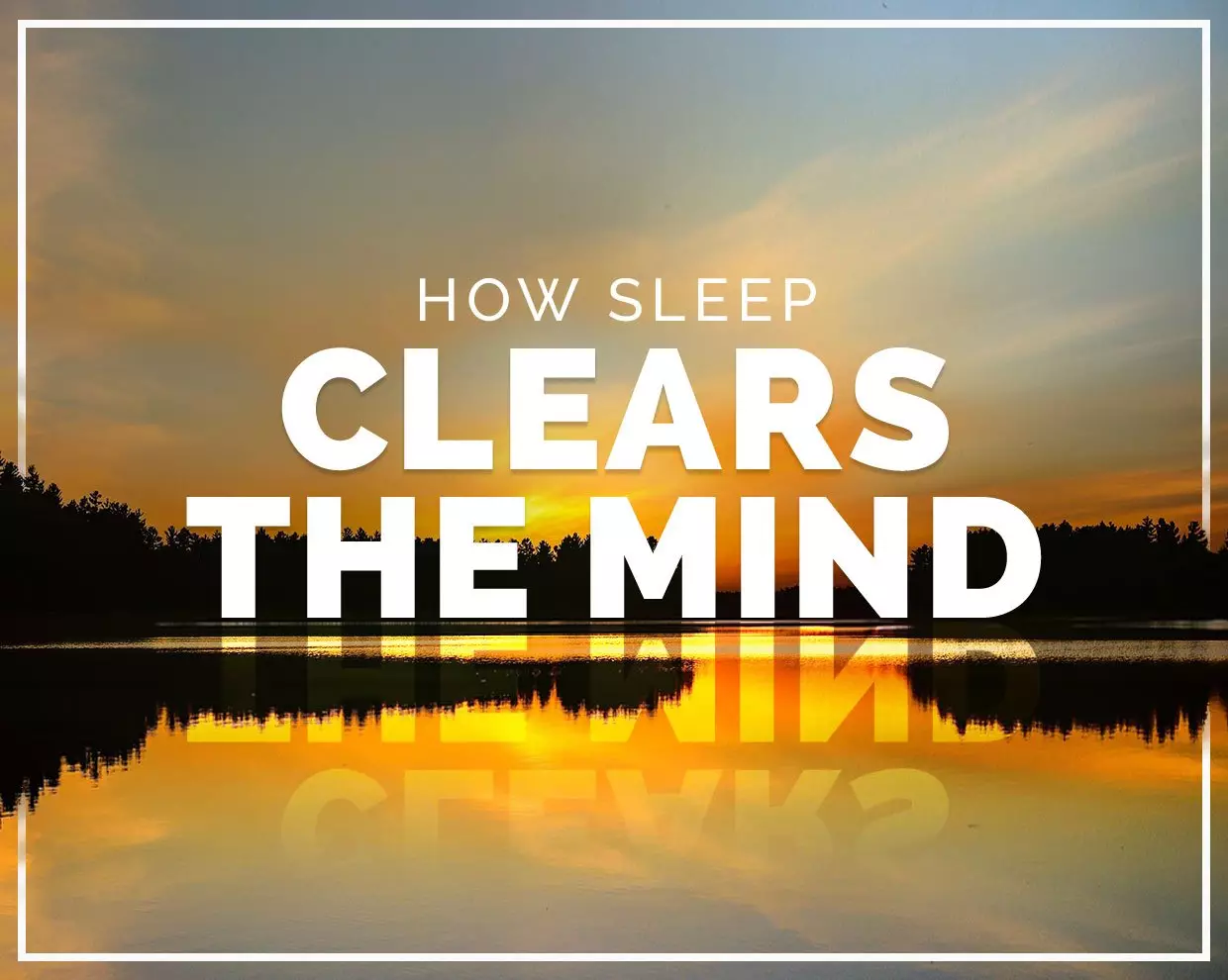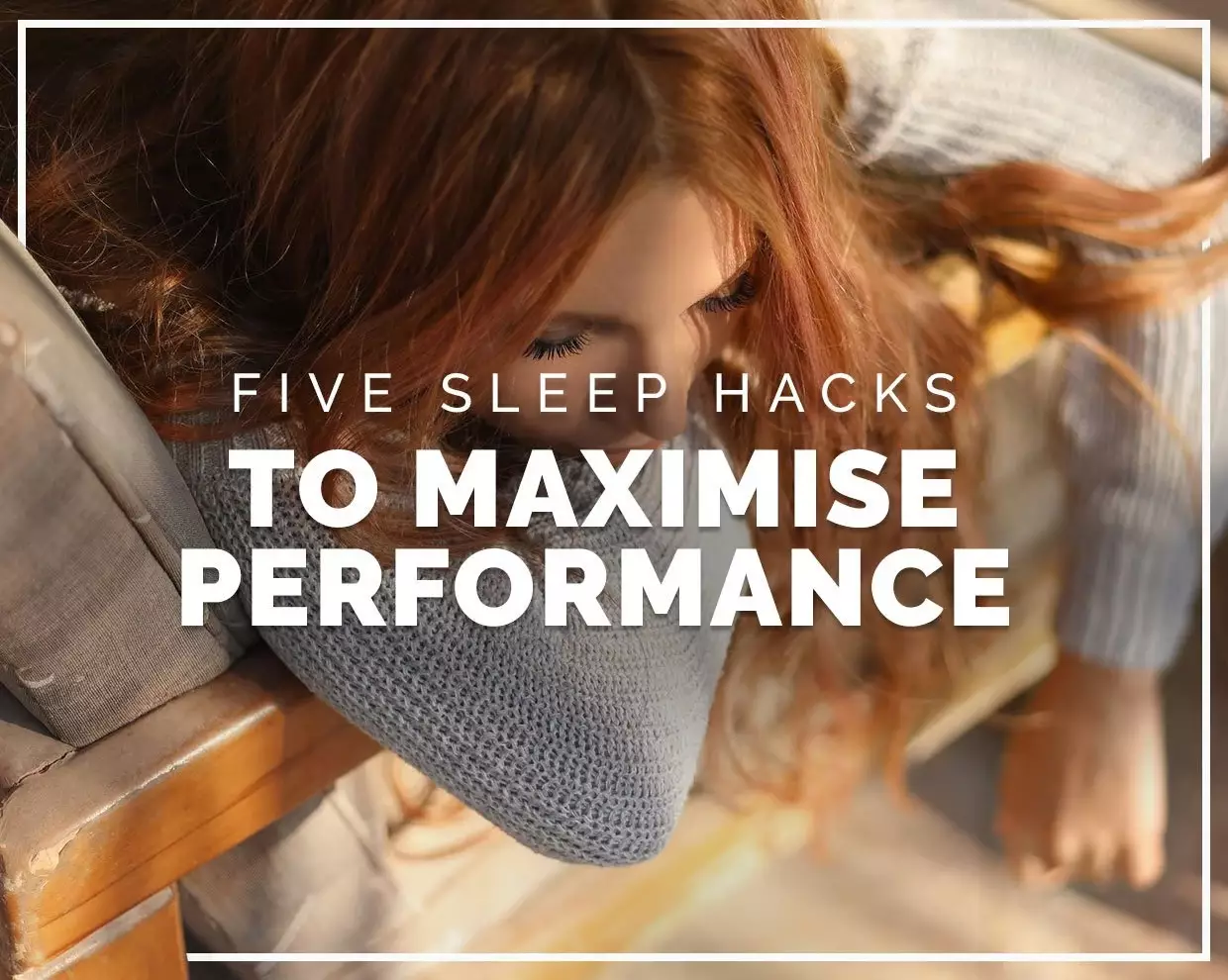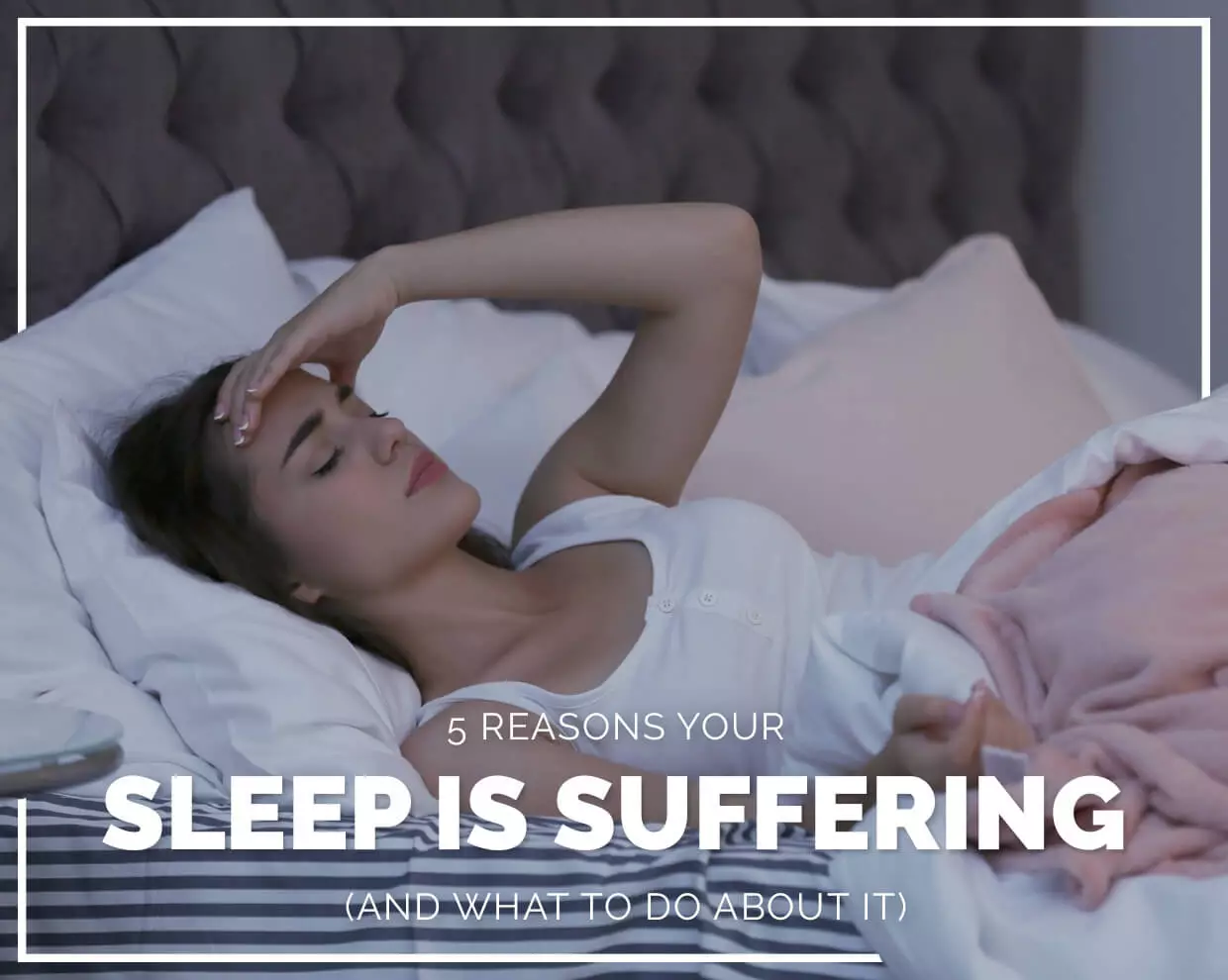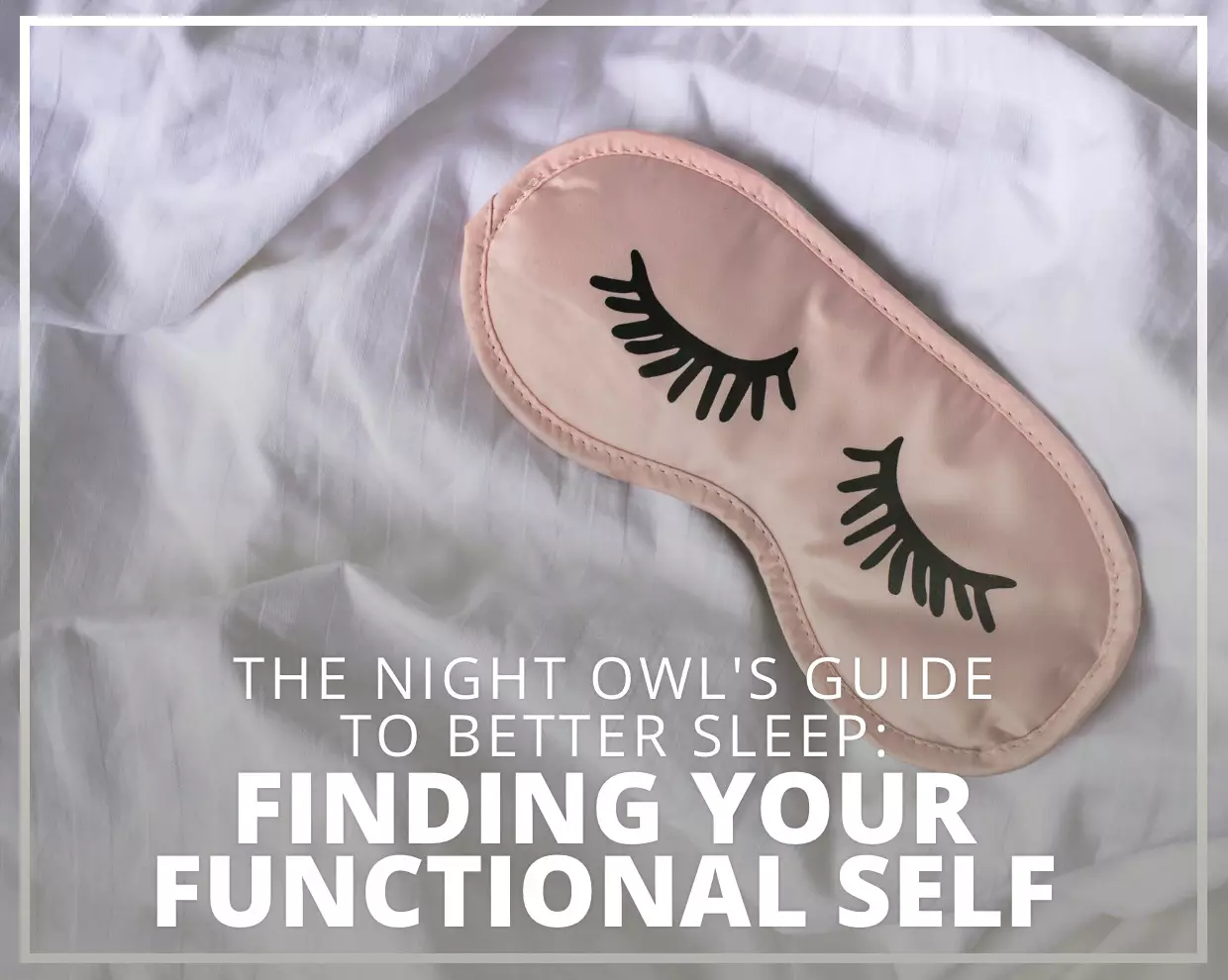Sleep, while a natural process, is now at the forefront of science and technology with the rise of biohacking. Biohacking originated in the grassroots movement of health enthusiasts aiming to optimise their biological functions. Nowadays, it encompasses a blend of nutrition, technology, and a deep understanding of human biology. [1]
The Science of Sleep
1. Sleep Cycles: Our body undergoes several 90-minute cycles each night, cycling through light, deep, and REM sleep. Each phase plays a critical role: deep sleep aids physical recovery, whereas REM sleep supports cognitive functions and memory consolidation. Missing out on these stages can lead to impaired cognitive abilities and health issues. [2]
2. Circadian Rhythms: These are our internal clocks that influence sleep-wake cycles, hormone release, and other bodily functions. Disruptions to these rhythms, such as those caused by shift work or jet lag, can lead to disorders like insomnia. [3]
Biohacking Techniques for Better Sleep:
1. Tracking Sleep Patterns: Modern sleep trackers employ sensors and algorithms to monitor our sleep stages and movements. While they provide a digital perspective, it's essential to correlate their data with our physical well-being. [4]
2. Adjusting Light Exposure: Apart from screens, modern LED bulbs and streetlights can disrupt our sleep. Ensuring exposure to natural light during the day and using warm-coloured lights at night can foster better sleep. [5]
3. Diet and Sleep: Alongside magnesium-rich foods, tryptophan found in turkey and cherries' melatonin can promote sleep. Conversely, alcohol and spicy foods can disrupt sleep. [6]
4. Temperature Regulation: Using breathable bedding, moisture-wicking sleepwear, and even advanced mattress technologies can help maintain an ideal sleep environment. [7]
5. Sound and Sleep: White noise machines can mask disruptive noises. White noise creates a consistent auditory environment, making abrupt noises less jarring. [8]
Potential Risks of Biohacking Sleep
Over-reliance on tech tools can lead to sleep anxiety. Additionally, misguided biohacking attempts, like excessive supplementation or extreme temperature adjustments, can have adverse effects. It's paramount to approach biohacking with thorough research and caution. [9]
Biohacking, while a potent tool for optimising sleep and performance, demands a balanced and well-informed approach. Embrace the technology, but always listen to your body's innate wisdom.
Dive Deeper into Sleep Science and Biohacking!
Want to explore more cutting-edge insights on sleep and its optimisation? Discover a treasure trove of knowledge, research, and actionable tips on our Sleep and Relaxation Blogs. Transform your nights, elevate your days!
References:
1 What to know about biohacking
2 Sleep deprivation: Impact on cognitive performance
3 Shift Work: Disrupted Circadian Rhythms and Sleep—Implications for Health and Well-Being
4 Tracking Subjective Sleep Quality and Mood With Mobile Sensing: Multiverse Study
5 Effects of light on human circadian rhythms, sleep and mood
6 Associations between bedtime eating or drinking, sleep duration and wake after sleep onset: findings from the American time use survey
7 Sleep Too Hot Or Too Cold? Understanding Thermoregulation and Sleep
8 How Noise Can Affect Your Sleep Satisfaction
9 Who Should We Fear More: Biohackers, Disgruntled Postdocs, or Bad Governments? A Simple Risk Chain Model of Biorisk

 UK Store
UK Store  NZ Store
NZ Store AU Store
AU Store EU Store
EU Store

